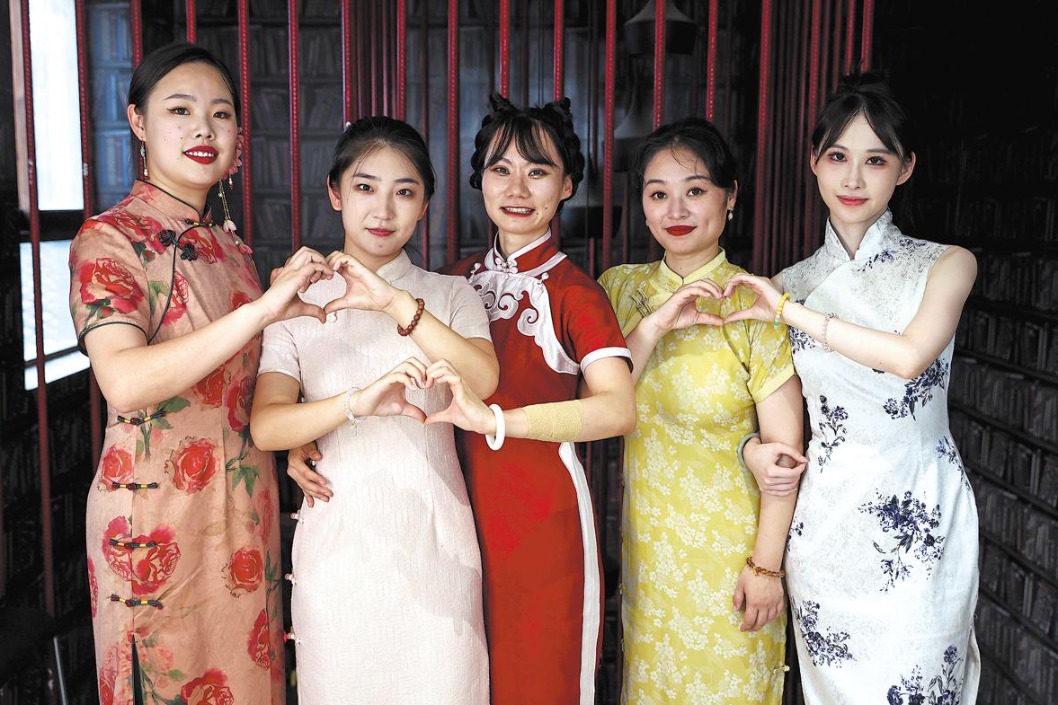UAE sustainability prize awards global innovators

Eleven pioneering organizations and high schools worldwide were awarded the 2025 Zayed Sustainability Prize on Tuesday in Abu Dhabi, the capital of the United Arab Emirates, in a global effort to foster solutions to common challenges.
In a ceremony held at the Abu Dhabi National Exhibition Centre and attended by 11 heads of state, ministers and business leaders, UAE President Sheikh Mohamed bin Zayed Al Nahyan presented the awards to the winners in six categories — health, food, energy, water, climate action and global high schools.
The prize, the president said, inspires solutions that address critical social and environmental challenges.
In a keynote speech, Sultan Ahmed Al Jaber, UAE minister of industry and advanced technology and director-general of the prize, lauded the work to deliver innovative solutions that address the world's most pressing challenges.
"This year's winners showcase solutions that leverage advanced technologies, including AI, enhance local resilience, and deliver transformative, scalable impact worldwide. In doing so, they embody the power of progress in accelerating sustainable development and inclusive socio-economic growth," he said.
The award has seen 33 finalists selected for 2025, including two entries from China, after receiving almost 6,000 submissions.
Xinjiang Shawan Oasis Sustainable Development Institute, a nonprofit that specializes in solar-powered smart greenhouses that transform desert land into farms, is in the food category.
The desert greenhouse solution has been successful in providing vegetable and fruit supplies in desert areas, said Chen Gang, executive director of the nonprofit. More than 30 kinds of vegetables have been planted in such greenhouses, including eggplant, tomato, pepper, cucumber, potato, leaf lettuce and watermelon.
The Beijing World Youth Academy, a private school, is a finalist in the global high school group, which offers student-led sustainability solutions.
Xiong Zitian and Zhang Yuran, both 15, have led a group of 30 students to recycle food and organic waste through composting, and cultivating plants for the school community.
"By doing the program, we learn scientific research methods through experiments and tests of soil fertility, which will help us in the future," said Zhang.
Today's Top News
- China to open its door to foreign investment wider
- China criticizes Canadian tariffs on products containing Chinese steel
- US legislative chaos undermines its democracy
- Why China is irreplaceable in supply chain
- China's FDI inflow tops $700b since 2021
- Australia, China set to bolster steel partnership






























